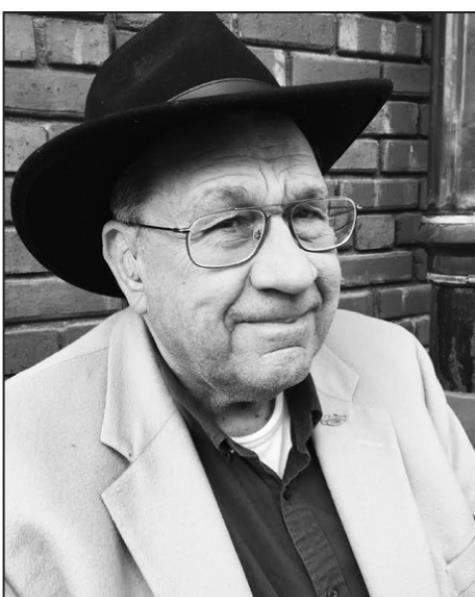
The Journey Continues: Stan Finch, CEO of Berry Aviation
I often hear in business circles the somewhat overused modern sayings: “hope is not a plan” and “hope is not a strategy.” Utterance of the word “hope” in a planning discussion or a report to investors or employees will at best result in an unenthusiastic response from the audience, and at worst an admonishment that the speaker does not have a proper operational plan. It makes sense. None of the stakeholders in a business – neither investors nor employees – want to hear from the CEO that the plan for dealing with a set back in business is hope. Everyone wants a well thought out operational plan.
These contexts are certainly separate and apart from the context of our Christian faith, where hope is listed by Paul in I Corinthians 13:13 with “love” and “faith” as one of the three great Christian virtues. But the Christian virtue of hope and use of the word in our day-today language share some important attributes:
Hope always looks to the future. Hope expresses a desired future state that is preferable to the current state.
There is one more critical attribute of the word hope that is common to both the Christian and secular use of the word: the desired future state is something that we recognize we are powerless to bring about ourselves. If we are certain that we are going to be able to do something in the future, we do not use the word “hope.” We do not say, “I hope to have coffee first thing tomorrow morning.” Instead, we say, “I’m going to make myself a cup of coffee first thing tomorrow morning.” Our inability to create a future outcome is expressed when we use hope in statements such as:
“I hope the chemo works.” “I hope my husband/wife/ son/daughter is able to stay sober this time.”
“I hope my employer is able to bring me back to work soon.”
Why then is hope one of the three great Christian virtues? What relevance for today, in the here and the now, could there possibly be in such powerlessness? I’m not qualified to give a proper answer to this, because it is still a mystery to me, but there is evidence is all around us. Take as an example the modern migrant arriving at America’s southern border. What motivates a single mother – traveling without resources for today, yet alone tomorrow, perhaps with young dependent children – to undertake a journey on foot of 2,000 miles or more, fraught with danger at every turn? Hope for a life free from violence, free from grinding poverty – hope for a better life in America. Hope has historically been America’s stock-in-trade, and has motivated people to do extraordinary things, starting with an experiment in “government by the governed.” Even in national security discussions the power of hope is recognized. Jeremy Weber, a colonel in the U.S. Air Force JAG Corps, wrote a paper for the U.S. Army War College entitled, “Hope Is Not ‘a’ Strategy, It’s the Only Strategy.” In it, he makes the case that hope was an essential ingredient of and underpinned the national defense strategy for the last 70 years.
So hope can be a powerful motivator that impacts and motivates our actions, and we can see this at work both in and out of the Christian context. But God promises much more with His brand of hope. Paul says in Romans 15:13, “May the God of hope fill you with all joy and peace as you trust in Him, so that you may overflow with hope by the power of the Holy Spirit.” God’s hope, bestowed on us by the Holy Spirit, does not animate us with a grim determination or a Pollyanna-ish optimism. God’s hope comes with true joy and peace borne of the certainty that “God has this.” My own most personal and vivid encounter with God’s hope came during my first bout with paralysis. The episode was the first and the prognosis was uncertain. The experts had no idea if I would ever get better, or even if conditions were stabilized. There was no reason to think that I would ever be able to feed myself again, or that I would ever be free from the chronic constant pain. What reason was there for joy, or peace? And yet, there was peace, and even joy. There is no explanation for what Linda and I experienced those months, except a confidence that this would ultimately end well. Perhaps not in this earthly body and life, but ultimately. What can you call that, but God’s gift of hope?











